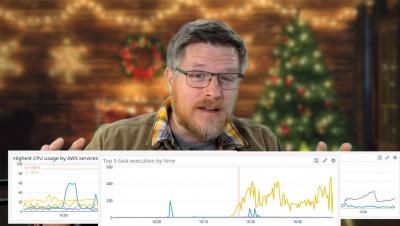Track Datadog metrics in Sleuth
Data from monitoring tools like Datadog are useful for developers to help them understand whether the code they've deployed is healthy or needs to be fixed or rolled back, or when there is an incident to investigate. As a deployment mission control, Sleuth helps developers see metrics data from a developer-centric point of view - by deployment - and interpret such data for them.











